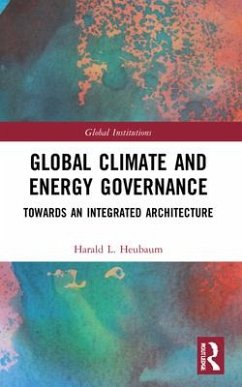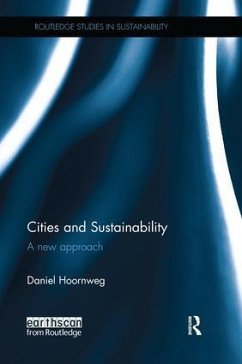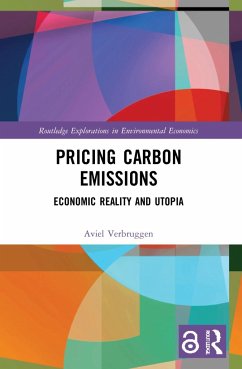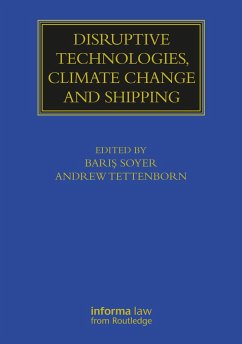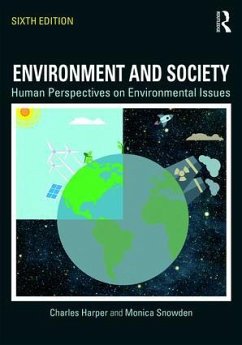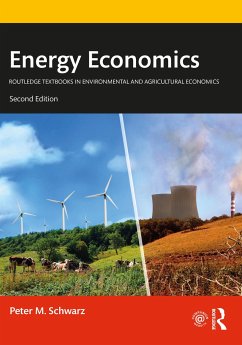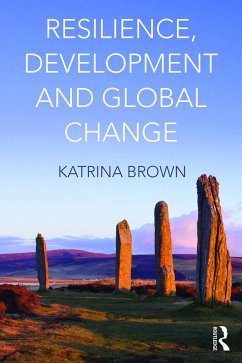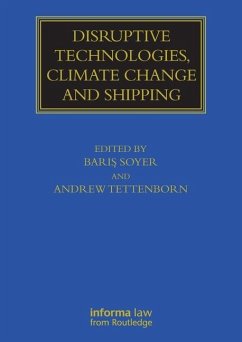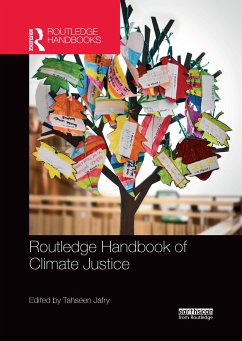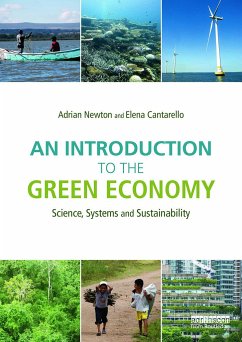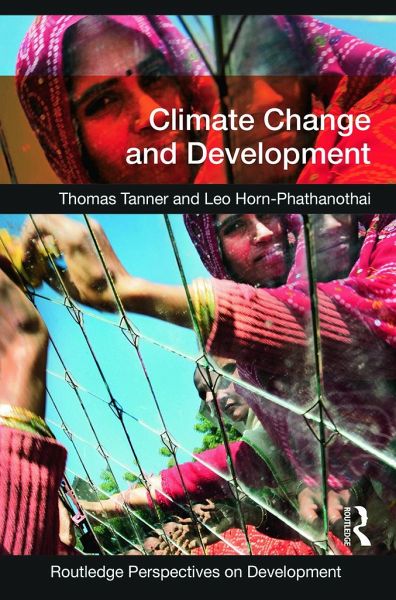
Climate Change and Development
Versandkostenfrei!
Versandfertig in 6-10 Tagen
49,99 €
inkl. MwSt.
Weitere Ausgaben:

PAYBACK Punkte
25 °P sammeln!
This text provides a comprehensive and multi-disciplinary entry level account of the challenges, the responses, and the alternative pathways to tackling development in a changing climate. The first section provides the building blocks for understanding and framing the climate-development nexus. It includes an overview of the science, drivers and impacts of climate change, and present the different disciplinary perspectives. The second section presents and assesses responses to the development challenges posed by a changing climate at different spatial scales. It addresses international, region...
This text provides a comprehensive and multi-disciplinary entry level account of the challenges, the responses, and the alternative pathways to tackling development in a changing climate. The first section provides the building blocks for understanding and framing the climate-development nexus. It includes an overview of the science, drivers and impacts of climate change, and present the different disciplinary perspectives. The second section presents and assesses responses to the development challenges posed by a changing climate at different spatial scales. It addresses international, regional, national, sub-national and non-governmental responses to climate change. It also includes an overview of the main instruments and competing approaches for addressing climate change as a development concern, including market-based measures, regulatory instruments, and voluntary agreements. The final section is solutions-oriented and sets out different critiques of 'development-as-usual' and competing visions of development in a warming and carbon-constrained world. A description of the changing context of development, shaped by the interlocking challenges of poverty, energy, growing natural resource scarcities, deteriorating ecosystems and climate change helps to situate the debate about alternative modes of development. This section lays out the intellectual and scientific underpinnings of the Green Economy, and presents it as an alternative to GDP-centric conceptions of development, one that is consistent with climate change adaptation and mitigation whilst also contributing to social justice and poverty reduction.
Climate Change and Development brings together insights and perspectives from across natural and social science disciplines. Focusing in particular on concerns and perspectives of poor countries and poor people, its hallmark is its concern with structural considerations at the heart of the climate-development nexus. It argues that a transformational - rather than incremental - approach to tackling climate change challenges offers the best route to reducing poverty, stabilising the climate and securing the future well-being of all.
Climate Change and Development brings together insights and perspectives from across natural and social science disciplines. Focusing in particular on concerns and perspectives of poor countries and poor people, its hallmark is its concern with structural considerations at the heart of the climate-development nexus. It argues that a transformational - rather than incremental - approach to tackling climate change challenges offers the best route to reducing poverty, stabilising the climate and securing the future well-being of all.





